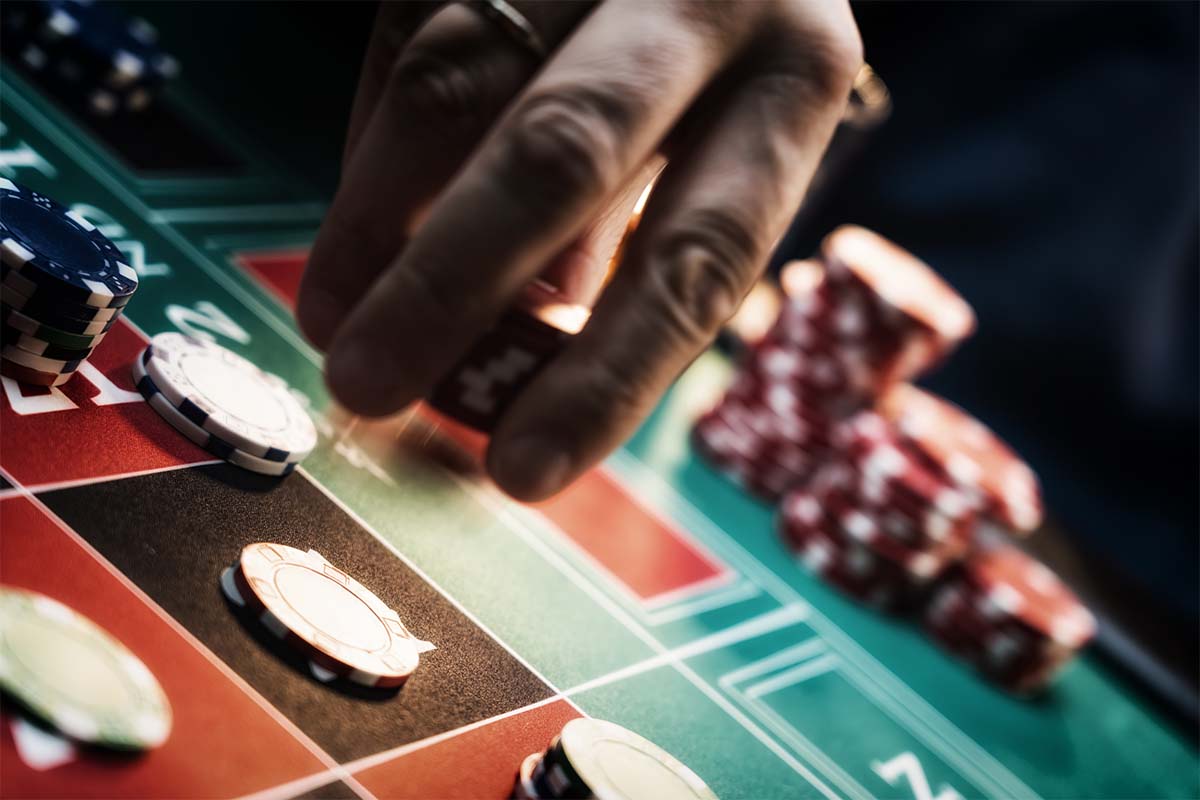Gambling

Comprehensive Treatment for Gambling Disorders
Psychological Interventions
The cornerstone of our psychological treatment is Cognitive Behavioral Therapy (CBT). CBT is the most extensively researched and evidence-based intervention for gambling disorders. Together we focus on identifying and correcting cognitive distortions and erroneous beliefs that fuel gambling behaviors. This therapy equips individuals with essential skills such as problem-solving, social skills enhancement, and relapse prevention techniques. Additionally, we employ Motivational Interviewing (MI,) a powerful psychological approach aimed at overcoming ambivalence toward quitting gambling.
Pharmacological Treatments
While there are no FDA-approved medications specifically for gambling disorders, certain pharmacological treatments have shown promise in managing symptoms. We may recommend an evaluation for medications such as **opioid antagonists** (e.g., naltrexone) and **selective serotonin reuptake inhibitors (SSRIs)**. These medications have been studied for their potential to reduce gambling behaviors. We also assess and treat comorbid psychological issues, particularly depression and anxiety which frequently occur along with problem gambling.
Support Systems and Group Therapy
Support systems play a crucial role in the recovery process. We encourage participation in support groups like **Gamblers Anonymous (GA)**, which provide a community of peers who share similar experiences and challenges. These groups offer emotional support and practical advice, fostering a sense of belonging and accountability.
We recommend CRAFT family training for individuals whose family members are affected by gambling behaviors. This approach enhances family involvement in the recovery process. Through CRAFT, we teach family members how to support their loved ones, while, at the same time, taking care of their own needs.
Holistic Recovery Approach
At Wholeview, we tailor our approach to meet the unique needs of each individual. We combine evidence-based therapies, and supportive interventions and address co-occurring mental health conditions. Overall, we aim to facilitate lasting recovery and improve our client’s overall quality of life. Our goal is to empower individuals with the tools they need to overcome gambling disorders and build a healthier, more fulfilling future.
This comprehensive treatment strategy addresses the immediate symptoms of gambling disorders and tackles underlying issues, to achieve sustainable recovery. Wholeview’s dedicated team will guide you on your journey to recovery from gambling addiction.